Alex Waldherr
Quantum Computing - The tiny and the big challenges
#1about 2 minutes
The foundational physics behind quantum computing
The principles of atomic energy levels and specific light wavelengths form the basis for manipulating quantum systems.
#2about 2 minutes
An overview of qubits and quantum hardware architectures
Quantum computers operate by applying gates to qubits, which can be built using various hardware technologies like superconducting circuits.
#3about 3 minutes
A deep dive into superconducting qubit design
Superconducting qubits use a capacitor-inductor circuit with a Josephson junction to create distinct, addressable energy levels for computation.
#4about 3 minutes
The major challenges in building quantum hardware
Building scalable quantum computers involves overcoming issues like qubit connectivity, stability (T1/T2 times), gate fidelity, and the lack of a single agreed-upon technology.
#5about 2 minutes
Exploring spin qubits and NMR technology
Alternative hardware approaches like spin qubits leverage transistor technology or Nuclear Magnetic Resonance (NMR), which was used to run the first Shor's algorithm.
#6about 4 minutes
Understanding the mathematics of quantum software
Quantum states are represented by wave functions or state vectors with complex coefficients, where each additional qubit exponentially increases the computational space.
#7about 2 minutes
Using quantum interference to build algorithms
Quantum algorithms use superposition and interference to constructively or destructively combine probabilities, amplifying the correct answers.
#8about 6 minutes
Live coding a simple quantum circuit with Qiskit
A step-by-step demonstration shows how to build and run a single-qubit interference circuit using Python and the Qiskit framework on a simulator.
#9about 2 minutes
Advanced software concepts and future challenges
Modern quantum programming involves concepts like observables and estimators, while facing challenges in error correction, data storage, and debugging.
#10about 2 minutes
A framework for responsible quantum technology development
Advancing the quantum field responsibly requires ensuring new ideas are technologically sound, unique, reproducible, and supported by educational materials.
Related jobs
Jobs that call for the skills explored in this talk.
Featured Partners
Related Videos
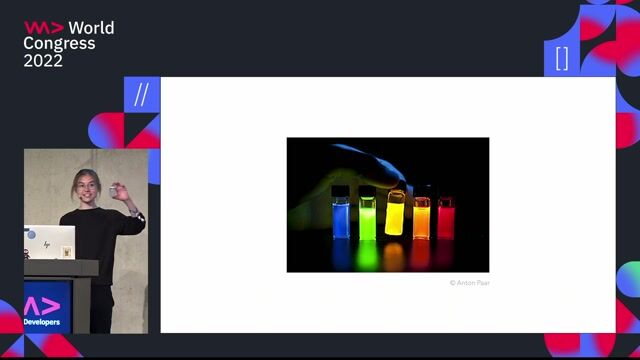 25:46
25:46What is quantum computing?
Alex Waldherr
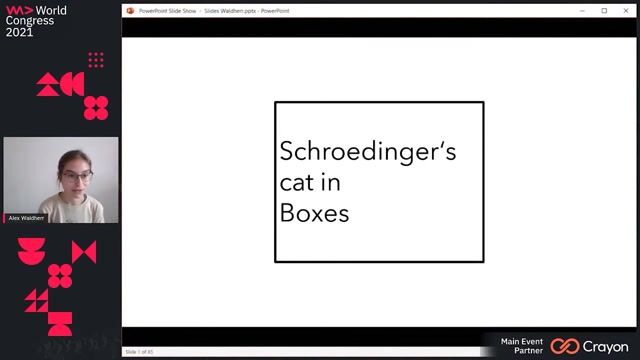 43:21
43:21Schroedinger's cat: Thinking in- and outside the box of quantum mechanics
Alexandra Waldherr
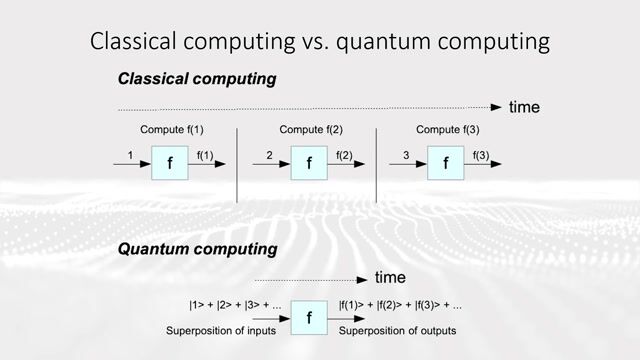 28:04
28:04Going Quantum: The future of the internet ...
Alexander Pirker
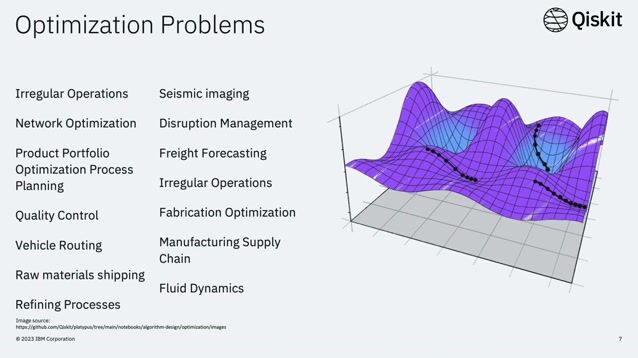 34:14
34:14Quantum computing for developers: Solving optimization problems with Qiskit
Isabell Heider & David Alber
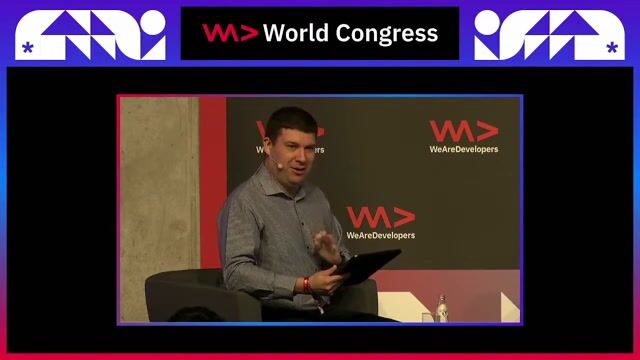 30:57
30:57The Quantum Computing Future
Tomislav Tipurić, Alexander Glätzle, Jan Goetz
 31:17
31:17Quantum Computing for Classical Developers
Julian Burr
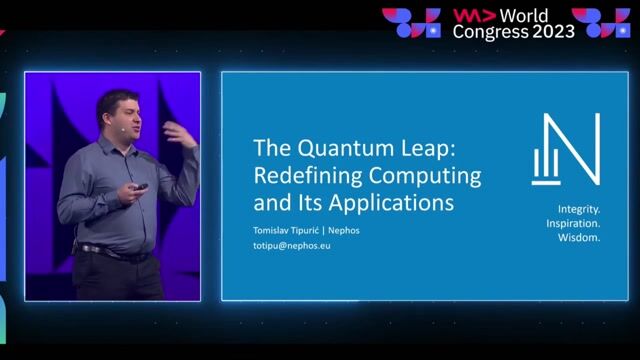 30:37
30:37The Quantum Leap: Redefining Computing and Its Applications
Tomislav Tipurić
 33:26
33:26Hands-on Journey to Quantum Computing with IBM
Jan-Rainer Lahmann
From learning to earning
Jobs that call for the skills explored in this talk.
Project Engineer position in FPGA programming for quantum communication experiments
Quantum Flagship
Barcelona, Spain
Software Team Lead - Quantum Computing
Barrington James Limited
Charing Cross, United Kingdom
Remote
€56K
Senior
Python
FPGA Design / Verification Engineer for Space-Based Quantum Technologies (all genders)
Quantum Technology Laboratories
Vienna, Austria
€46K
Intermediate
GIT
VHDL
Python
Matlab
+1
Quantum Computer Infrastructure Manager (m/w/x)
Alpine Quantum Technologies GmbH
Innsbruck, Austria
€46K
Routing
Ansible
Terraform
IT System Administrator - Quantum Computing Team (all genders)
Fraunhofer-Gesellschaft
Heilbronn, Germany





